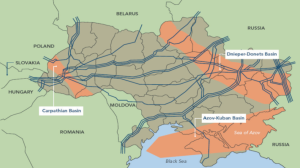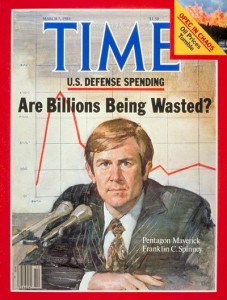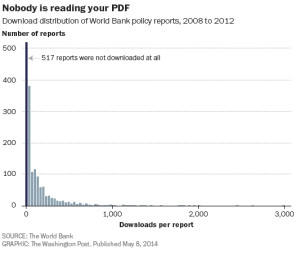Is Putin using open source warfare?
Of course he is. Who sold him on the approach? Apparently, he has an advisor called Vladislav Surkov who is a science fiction writer. He recently wrote a short story (published under his nom de guerre) called “Without the Sky” about a many vs. many war. A type of warfare very familiar to readers of Brave New War.
“This was the first non-linear war. In primitive wars of the nineteenth, twentieth and other Middle Ages fought usually two sides. Two nations or two temporary union. Now faced four coalition. And is not that two on two. Or three against one. No. All against all. And what were the coalition! Not like before. Rare state included in them entirely. Sometimes, several provinces were on one side, some on the other, and any city or generation, or gender, or professional community of the same state – the third. Then they could change its position. Go to whatever site. “
In other words a swirling “bazaar of violence.” The author and TV producer Peter Pomerantsev also sees a connection between this approach an a corporatist view of the world. A world where “corporate raiding” can now be accomplished by states and the raids can be violent. I see that too.
In the 21st Century, warfare isn't politics by other means.
Warfare is business by other means.
PS: I wrote some interesting scenarios depicting economic warfare against Russia as a means of defeating it bloodlessly back in 2004.








